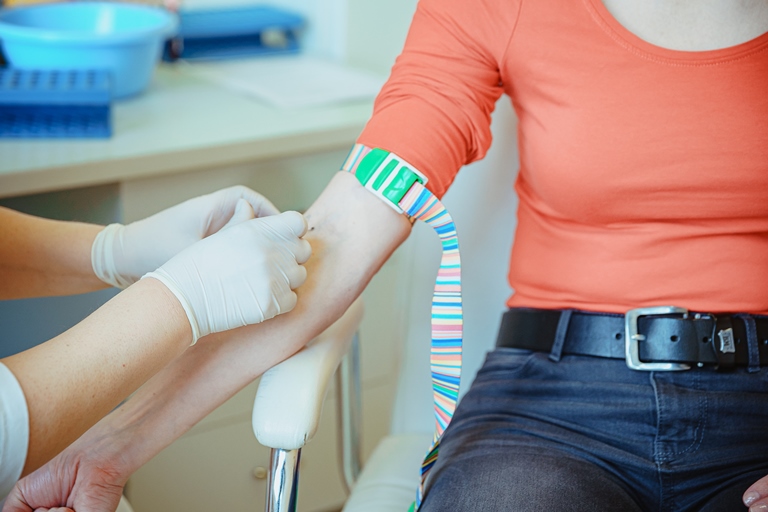
We’re not perfect, none of us are. But whether that’s because of character traits or genetic ones is entirely out of our control. Genetic disorders can be incredibly serious, and whilst many living with genetic disorders go on to live a full and rich life, it’s still important to identify these conditions as early as possible so they can be treated correctly. Here’s a basic guide about Trisomy test and how it works for pregnant women.
What is Trisomy?
In short, Trisomy is a random error in the genes.
This means that it’s not an inherited genetic disorder but an entirely random mutation that can’t be predicted. The cause of this is improper egg maturation and the risk of this increases when the mother is older; the older the mother, the higher the risk.
The most well-known is Trisomy 21 which is also known as Down Syndrome.
What is a Trisomy test?
A Trisomy test aims to identify whether an unborn child is affected by a Trisomy.
The importance of carrying out such a test allows the parents of the unborn baby to know whether their child is affected by a Trisomy condition and what their options are. In some cases, if a child has a Trisomy, doctors may advise a termination in severe or extreme cases where the baby and the mother’s health may be at risk. In most scenarios, doctors will advise on what the implications of the Trisomy are and how this will affect everyone.
How does the Trisomy test work?
This type of test is done via a non-invasive maternal blood test as early as 11 weeks into the pregnancy. In comparison to other screening methods, the Trisomy test has a higher sensitivity and specificity to the disorders it monitors and will therefore be able to provide more accurate results with a minimal risk of false positives, and most importantly, it doesn’t pose any threat to mother or baby.
Kypros Nicolaides, from the Harris Birthright Research Centre for Fetal Medicine at King’s College London, states the Trisomy test “can detect more than 99% of cases of [Down Syndrome]” making it a very accurate and reliable screening method.
Who can have a Trisomy test?
Trisomy tests are most suitable for pregnant women over the age of 35 where there is a higher risk of Down Syndrome.
In some scenarios, a Trisomy test may be recommend for those whose ultrasound screening test results suggest a higher risk of Trisomy or those who have been pregnant with babies with chromosomal abnormalities in the past.
A Trisomy test may be recommended after a genetic consultation to ensure that your baby is healthy and not suffering from any Trisomy abnormalities.
How long does it take to receive results?
Your results will normally take around a week to receive and it may be that you are then faced with some difficult information. Should this be the case, then it’s important to seek medical advice from a specialist.
Resources:
http://Trisomytest.com/what-is-Trisomy/
http://Trisomytest.com/why-Trisomy-test/
{{cta(’73e51d6c-1181-4aa2-86c3-a35b5c3eb7ad’)}}


